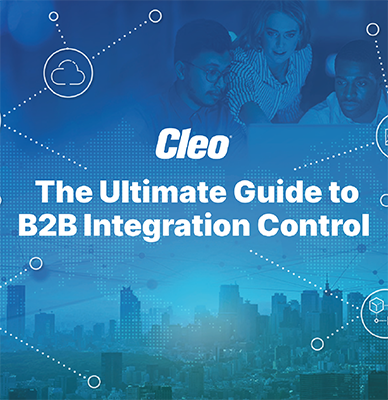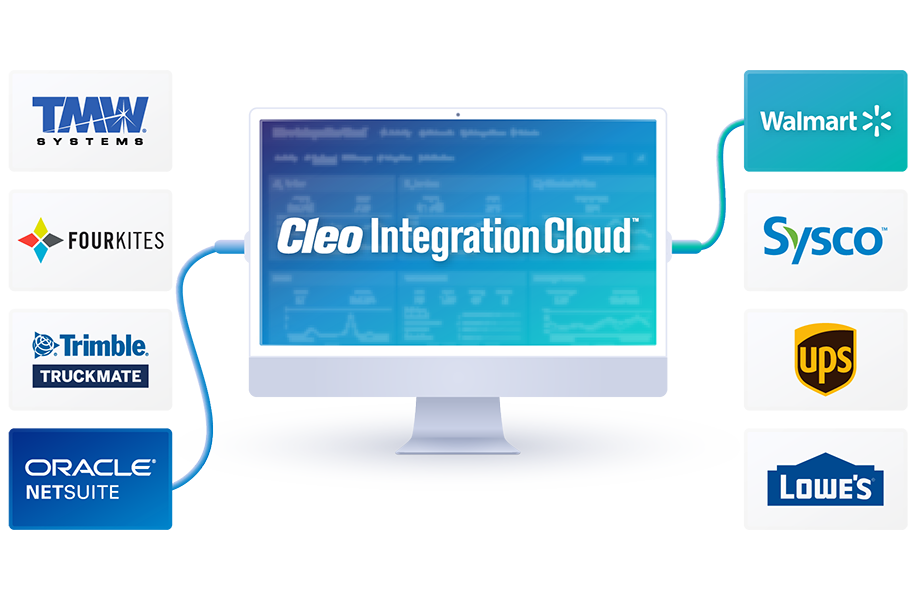The Hybrid Integration Advantage in Trucking, Logistics Industries

The rise of technology to securely and reliably exchange critical business information in the transportation and trucking industry continues as the explosion of digital data vastly changes the way companies do business, but the characteristics of this technology – and how it’s delivered – also are taking on new forms.
With the rise of cloud-based applications, shippers, carriers, consignees, and logistics professionals increasingly outsource much of their needs to simplify their workflows. However, there still exists a need for custom-managed, on-premise software solutions.
Cleo Senior Solutions Architect Barry Sponsler presented on this topic at October’s annual meeting of the Information Technology & Logistics Council and National Accounting & Finance Council of American Trucking Associations (ATA) at the Mandalay Bay in Las Vegas.
Regardless of a data’s origin – from a customer, supplier, ERP system, or other means – all systems must be able to accommodate the organization’s information, which makes integration and data transformation vital elements for all technologies, inside and outside the organization. So-called hybrid integration – enabling secure integration with a growing number of SaaS applications as well as on-premise solutions – will become critically important, Sponsler says.
“The data has to get to more places than just your application, whether you build or buy,” he said. “If you install ‘x’ application to solve a certain problem, where will the data need to go within and outside of your enterprise?”
Sponsler emphasized several key integration needs during the presentation:
· An off-the-shelf solution should have standard integrations to help ensure its compatibility with existing technology.
· Visibility to integration process information and related data is critical: “If no one can access this information, it is of limited usefulness,” Sponsler said.
· Data transformation capabilities will deliver data in the proper format.
· High availability ensures 24/7 access to data and systems.
· It must be easy to launch and easy to use.
· Robust support is a no-brainer.
Gaining buy-in from executives also will be a major factor, but pitching an ecosystem integration platform supporting both cloud-based and on-premise technology can be an easy sell given the tremendous value it delivers to any enterprise delivering transportation and logistics services.
Deploying a hybrid integration strategy in these industries, Sponsler says, can present many opportunities for an organization, including revenue increases, cost reductions, and competitive advantages that come via such a flexible and agile technology.

About Cleo

Watch a Demo

Comprehensive Guide to Gaining B2B Control

Duraflame Case Study
